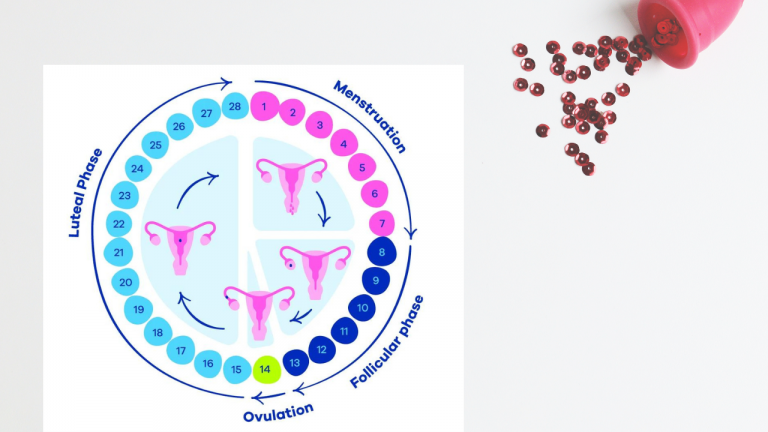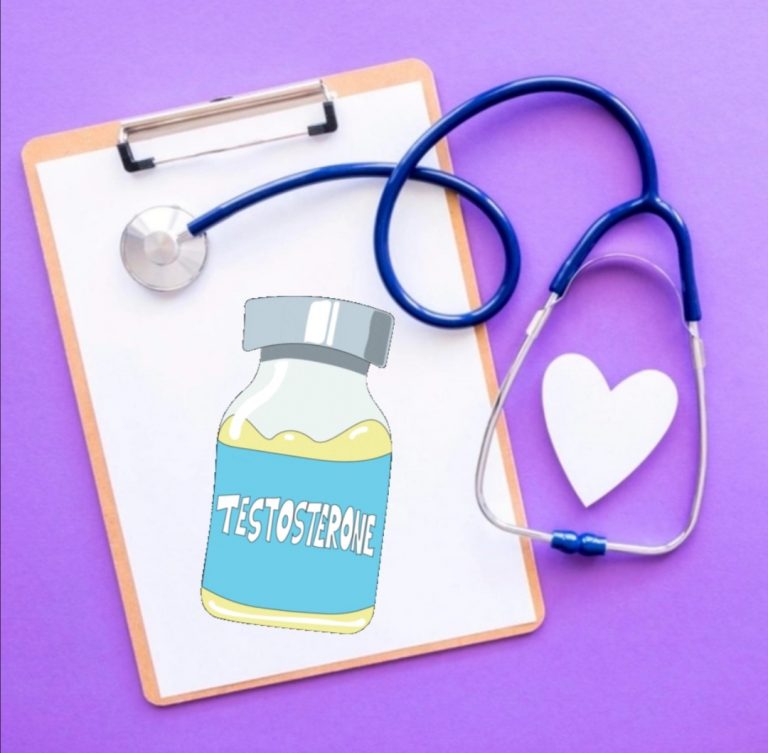What Happens to a Woman’s Hormones During Menopause?

During menopause, a woman’s hormone levels undergo significant changes as her body transitions from the reproductive phase to the non-reproductive phase. The main hormones affected during menopause are estrogen, progesterone, and follicle-stimulating hormone (FSH). Here’s an overview of the hormonal changes that occur:
Estrogen: Estrogen levels decrease significantly during menopause. Estrogen is primarily produced by the ovaries, and its decline leads to the cessation of menstruation and the end of reproductive capability. Estrogen plays a role in various bodily functions, including regulating the menstrual cycle, maintaining bone density, and affecting mood, cognition, and cardiovascular health.
Progesterone: Progesterone levels also decline during menopause. Progesterone is involved in preparing the uterus for pregnancy and supporting pregnancy if it occurs. Its decline contributes to the cessation of menstruation.
Follicle-Stimulating Hormone (FSH): FSH levels increase during menopause. FSH is responsible for stimulating the growth and development of ovarian follicles, which contain eggs. As the ovaries produce fewer eggs and reach the end of their reproductive lifespan, the pituitary gland releases higher amounts of FSH in an attempt to stimulate the ovaries to produce more estrogen.
Luteinizing Hormone (LH): LH levels may also increase during menopause. LH works in conjunction with FSH to regulate the menstrual cycle and stimulate ovulation. As the ovaries produce less estrogen, the feedback mechanism between the ovaries and the pituitary gland becomes disrupted, leading to increased levels of LH.
The hormonal changes during menopause can lead to various symptoms and changes in the body, including hot flashes, night sweats, mood swings, vaginal dryness, changes in libido, changes in menstrual patterns, and an increased risk of certain health conditions like osteoporosis and cardiovascular disease.
It’s important to note that menopause is a natural and individualized process, and each woman may experience it differently. If you have concerns or are experiencing significant symptoms related to menopause, it is advisable to consult with a healthcare provider who can provide personalized guidance and discuss potential treatment options.



